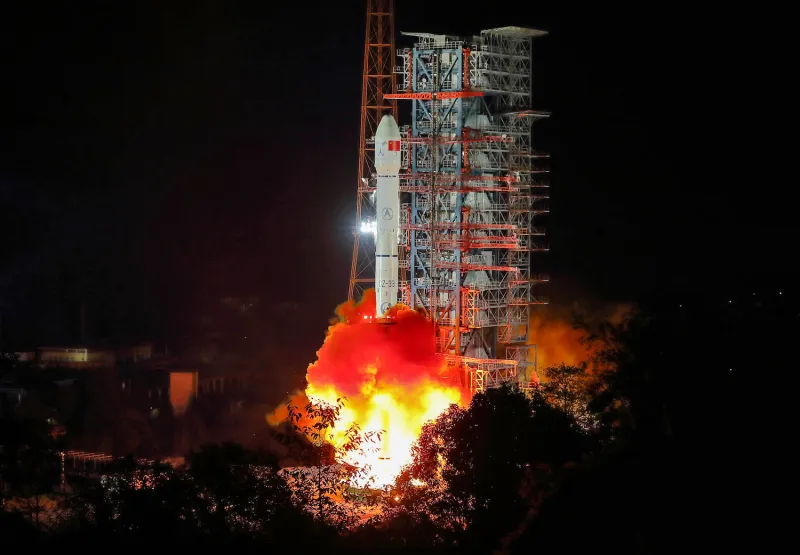Industry executives alerted senators during a hearing, that if NASA doesn’t have its commercial ISS replacements ready by shortly, it may lag behind China in space research.
Industry executives alerted senators during a hearing, that if NASA doesn’t have its commercial ISS replacements ready by shortly, it may lag behind China in space research. According to Space.com, the authorities highlighted China’s recent advancements in space research, especially with the Tiangong space station.
As NASA announced the likely deorbiting of the ISS in the early 2030s, concerns arose regarding the potential gap in orbital presence. While the US Space Agency is funding multiple private successors to the ISS, including Jeff Bezos’ Orbital Reef Station and Nanorack’s Starlab, there are uncertainties about their readiness by the time the ISS concludes its operations.
Speakers at the subcommittee on space and aeronautics hearing underscored the threat posed by China’s space research outpacing that of the US, citing the aging hardware of the ISS. Despite NASA’s plans to innovate through smaller, privately-built stations, such as Orbital Reef and Starlab, questions persist about their operational timelines aligning with the ISS’s end.
The 2022 ISS Transition Report by NASA estimated the deorbiting of the ISS by January 2031, while projects like Starlab aim for deployment by 2027, subject to potential delays. The subcommittee emphasized the need to understand the consequences of a gap in orbital presence for scientific research and international relations, contemplating the extension of the ISS’s lifetime if necessary.
Mary Lynne Dittmar from Axiom Space highlighted the uncertainty surrounding the ISS’s end date, which affects investor confidence. Axiom Space, among other firms, received funding from NASA to construct private space stations, signaling a shift towards commercialization in space endeavors.
However, US-China relations present a significant obstacle, with China barred from the ISS since 2011 due to national security concerns. Despite potential gaps in orbital operations, collaboration with China remains restricted by law, complicating international partnerships in space exploration.
Witnesses at the hearing expressed concerns that without viable commercial platforms before the ISS decommissioning, partner nations may turn to China for space collaborations. Dylan Taylor, CEO of Voyager Space, cautioned that failure to provide alternatives could drive partner nations towards China’s space program.
In conclusion, while NASA endeavors to transition towards private successors to the ISS, ensuring their readiness and addressing legal barriers are crucial to maintaining US leadership in space exploration and averting dependence on geopolitical rivals like China.
